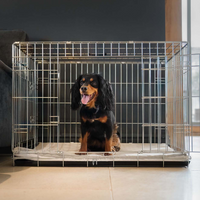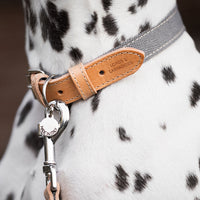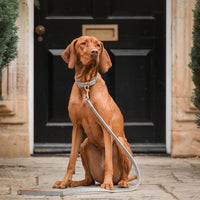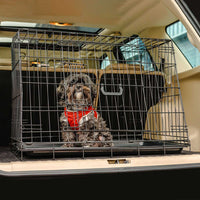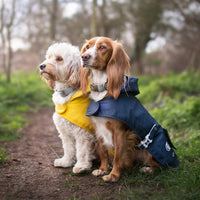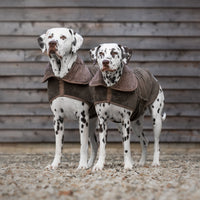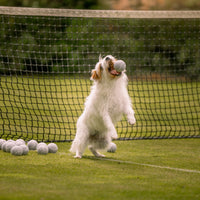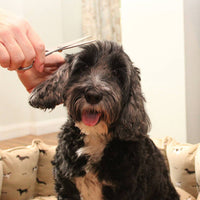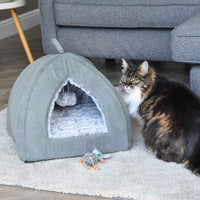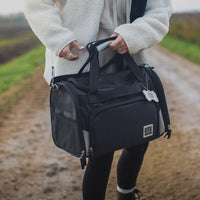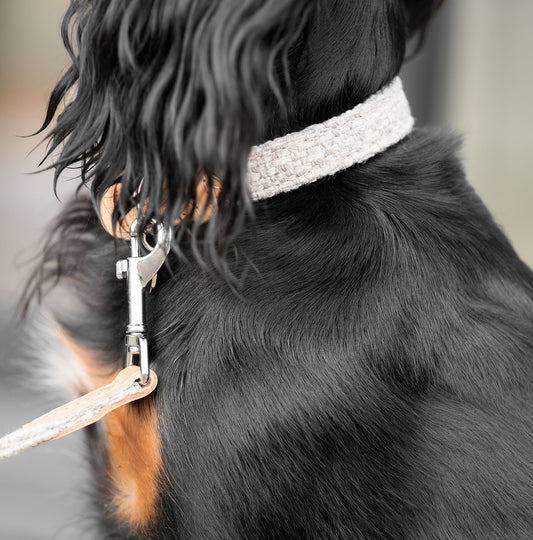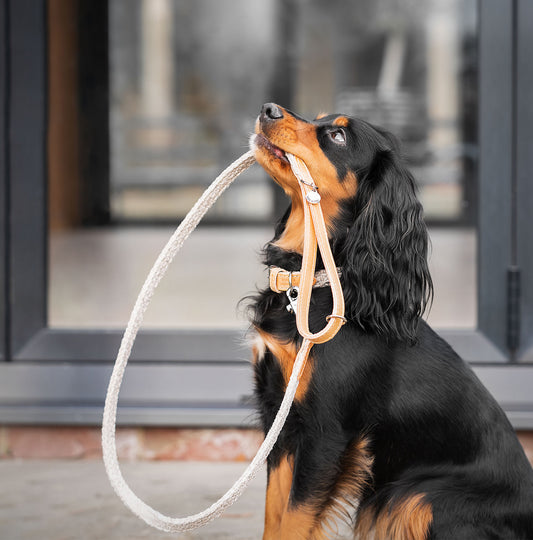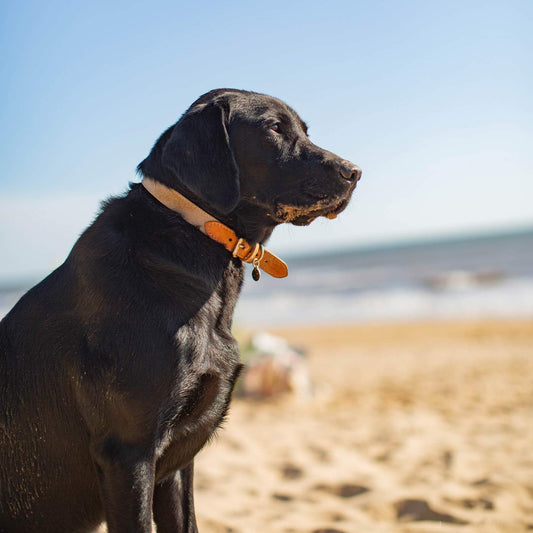Dogs bark for a number of reasons, and getting to the bottom of their constant barking might take some time to understand. Once you know why your dog reacts to certain triggers when out and about on walks, then you can train your dog to behave quietly. Your pup's persistent barking may create a commotion, and even trigger barking in other dogs (who may otherwise have been quiet).
We know this is less than ideal, on a walk where your dog can’t help but draw attention to you both, in this blog we discuss the potential triggers and how to avoid the unnecessary barking.
Why Does My Dog Bark On A Walk?
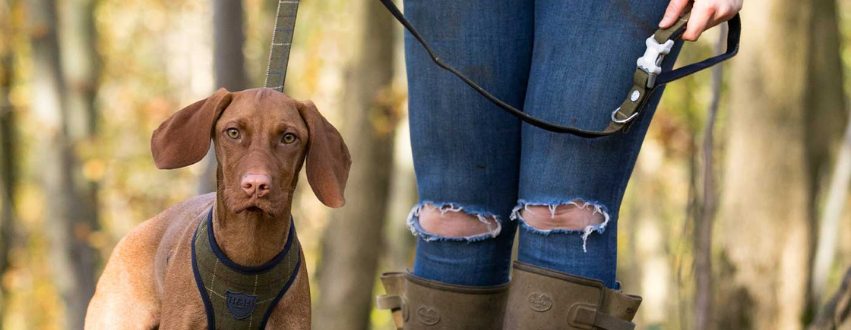
Barking on walks is often due to a mix of emotions, it could be due to, fear, defence, excitement, frustration, the need for interaction, or play. The type of barking may take some time to understand, however you’ll know your dog best and you’ll often be able to understand what their barking is trigged by. This may be due to your dog being uncomfortable with people or dogs on walks, and your pup may want increase distance due to stress or anxiety. Alternatively, an excited or frustrated bark may be due to your pup not understanding impulse control. The excited barking in this case, is usually a distance-decreasing signal, meaning your dog would like to go and meet the person or dog and wants to reduce distance between them and the more exciting object/person/dog.
Why Is My Dog Anxious On Walks?
When dealing with an anxious dog, who may default to fear barking, try to desensitise your dog to walks, making them less anxious. Create positive associations with your dogs triggers, you may start with sitting outside and watching dog walkers walk past back and forth from a distance, feed treats to create positive encouragement. A big reason why your dog may bark when they are outside is due to a lack of proper socialisation, and they’re unsure what that squirrel is or who that other dog is. Thus, they develop irrational fears or view those triggers as intruders.
How To Walk An Anxious Dog

It’s good to know your dog may be fearful on a walk and will likely be in a fight or flight state, so it’s best to start your training at home to begin with. Use positive reinforcements such as treats and encouragement. Start by walking with calm, confident dogs your pup knows well and won’t react to as dogs are influenced easily by other dogs and being with them may calm your dog down. Stay close to home and follow the same routes daily before venturing further out, avoid traffic or busy roads as this excess noise may terrify your pup more.
How To Stop Your Dog Barking On Walks
With proper training and positive encouragement, it is possible for you to avoid the embarrassment of your dog barking throughout your walk. Start by teaching your pooch heel, so they walk in a controlled manner from the beginning, it also helps them understand you’re leading the walk, which in turn should help to enforce your training and command them to stop when barking. Make sure you have lots of treats and your dogs walk wear is comfortable and isn’t too restrictive, yet keeps them comfortably secure. You may try different training methods, depending on your lifestyle and relationship with your pooch, you may want to try distraction or start with desensitising your pooch to their triggers.




